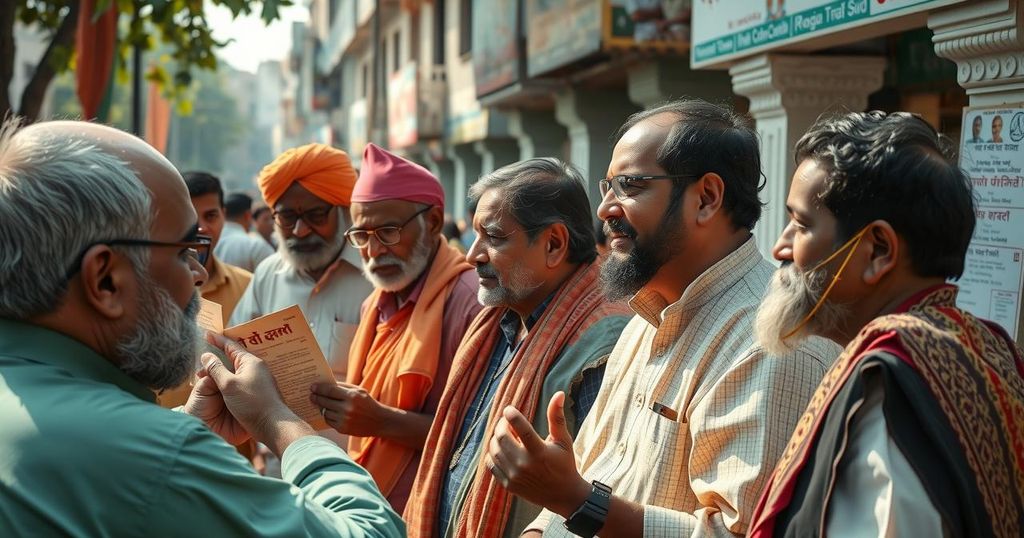Derek O’Brien Advocates for the Living Essence of India’s Constitution
During a Rajya Sabha session, TMC MP Derek O’Brien proclaimed the Indian Constitution as a “living, breathing document” and criticized the government for its ‘one nation, one election’ bill. He urged reflection on federalism and women’s representation, while also addressing the government’s appropriation of West Bengal’s health initiatives. Other opposition members echoed concerns regarding discrimination and unequal representation among marginalized communities.
In a spirited address to the Rajya Sabha, TMC MP Derek O’Brien asserted that the Constitution of India transcends its textual form, declaring it a “living, breathing document on the streets of India.” He highlighted the importance of this living document particularly during discussions concerning the newly introduced ‘one nation, one election’ bill. O’Brien emphasized the need for respect toward federalism and the rights of the opposition to express their viewpoints, lamenting past instances where dissent was silenced. He also took the opportunity to spotlight the declining representation of women in the Lok Sabha and criticized the government’s appropriation of West Bengal’s health initiative, which was rebranded as ‘Ayushman Bharat.’ O’Brien’s remarks echoed a broader concern regarding equality and representation in India, as exemplified by the comments from other members of the opposition, each underscoring the disparities faced by various marginalized groups.
The discourse surrounding the Indian Constitution often focuses on its relevance and application in contemporary governance. As India celebrates 75 years since the adoption of its Constitution, discussions around its interpretation and implementation resonate deeply within political arenas. The concept of ‘one nation, one election’ has sparked debates about federalism and the genuine representation of diverse voices in India’s legislative bodies. Within this context, various political figures, including members of the Trinamool Congress (TMC), Communist Party of India (CPI), and Dravida Munnetra Kazhagam (DMK), have articulated concerns regarding the central government’s policies and their implications for inclusive democracy.
Derek O’Brien’s substantial remarks in the Rajya Sabha call attention to critical issues concerning the Indian Constitution’s role in democratic governance. His advocacy for federalism and representation amplifies calls for an inclusive political environment that honors the diverse voices of the Indian populace. The discussion serves as a reminder of the ongoing struggles for equality and the essentiality of upholding constitutional values in contemporary governance.
Original Source: www.hindustantimes.com




Post Comment